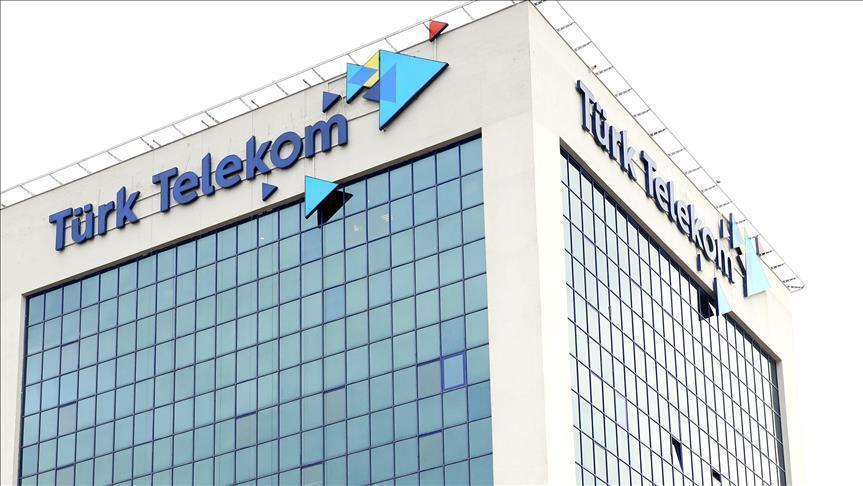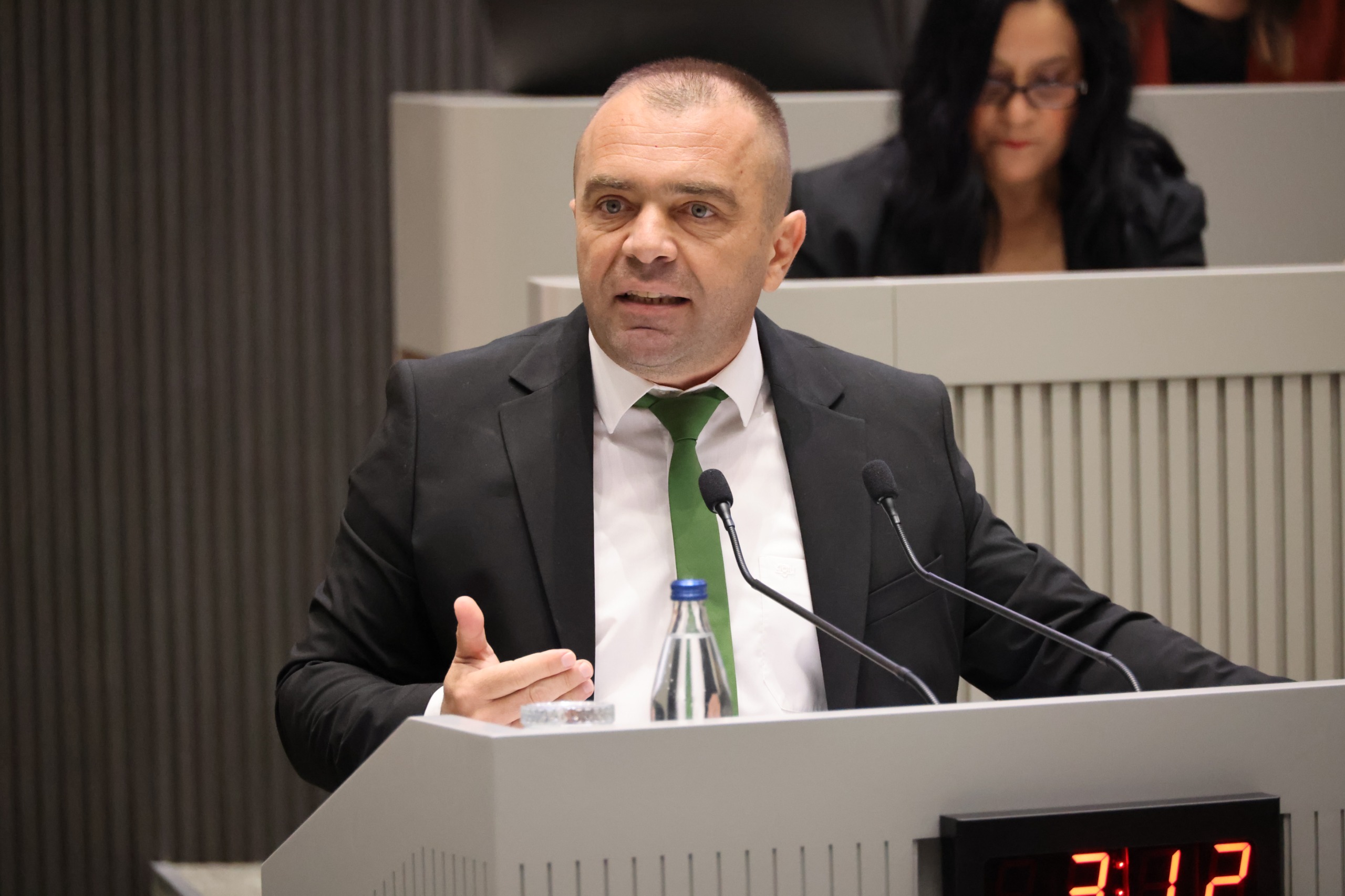Opposition members of the north’s ‘parliament’ on Tuesday expressed their fury at being presented with a deal signed by the ruling coaliton and Turkish telecommunications company Turk Telekom which, if implemented, will see Turkish Cypriot taxpayers expend €110 million for the provision of fibreoptic internet infrastructure.
First up to criticise the deal was the CTP’s Salahi Sahiner, who began by saying that the ruling coalition “did not dare” to bring it to ‘parliament’ before October 19’s Turkish Cypriot leadership election.
“I am very sorry, but this is a treasonous plan, a historical sacrifice … While you are charging the guy selling asparagus on the side of the road 600,000TL [€12,261] in taxes, you are opening up billions of dollars in profit for this company,” he said.
He then added that “handing over the project to a single company without putting it out to tender will mean harm to the public in the long run and the giving away of public resources”, before pointing out the already rising costs of the project.
“Companies in this country wanted to participate in the tender, which had a market value of US$30m by forming a consortium. They requested a tender and submitted bids. We wanted the company which would put the state in the most profitable position to win the tender,” he said.
“Then, [‘public works minister’] Erhan Arikli came along and said, ‘we miscalculated, this project cannot be done for US$30m [€26m]’, and commissioned a feasibility study from Turk Telekom. The project was then awarded directly to Turk Telekom, with its price having increased to US$130m [€110m].”

He then pointed out that as part of the contract’s stipulations, the infrastructure will belong to Turk Telekom for 25 years.
“The company will charge the public billions of dollars for 25 years, and in return, it will pay the state only a five per cent dividend,” he said, before also criticising the planned one-year implementation time.
“It would be impossible to put fibreoptic internet in every home from Limnitis to Karpasia in one year. This company could not even complete Nicosia’s walled city in one year. This is a lie,” he said.
Another stipulation in the contract, he said, is that the north’s telecommunications department “will give 50 per cent of its money to Turk Telekom”.
“The company will be left with a stranglehold on the telecommunications department’s revenues and fibreoptic infrastructure line rentals … And that is before the work even begins, before the first shovel hits the ground,” he said.
He also said that despite this, Turk Telekom plans to lay its cables in existing tunnels, adding, “in other words, it will not be digging any new ones”.
Additionally, he pointed out that the contract does not cover the cost of switchboards and cooling systems, among other pieces of secondary infrastructure which are required to facilitate the operation of fibreoptic cables.
“With this deal, the tasks have been placed on the shoulders of the public works ministry. The company will underspend and exploit the public for 25 years. This is the kind of system being established,” he said.
He also accused Turk Telekom of stifling competition, saying that “if a fibreoptic cable passes in front of your house, you will be prevented from buying internet from any other provider than Turk Telekom”, and adding, “in other words, they will force you to buy from Turk Telekom”.

Arikli was then given the right of reply and said fibreoptic internet has “always been a priority” for him.
“We approached Turk Telekom and requested support for the project, but Turk Telekom initially declined due to the high cost and previous debts,” he said, adding that the initial US$30m assessment had been carried out on the basis of the use of an “insufficient” amount of copper.
He added that the local Cypriot consortium had offered to complete the project in seven years, while Turk Telekom had offered to complete the project in a single year.
Additionally, he said, the north’s telecommunications department currently owes Turk Telekom US$48m (€41m).
Then, Urun Solyali, also of the CTP, said the contract may violate the ‘TRNC’s’ constitution, with Arikli replying that “the path to the courts is clear”, before independent ‘MP’ Aysegul Baybars elaborated on this point, saying that the contract should require ‘parliamentary’ ratification and not simply be debated after the fact.
“This is not something which can be done through a briefing to parliament. Article 90 of the constitution clearly states that the contract must be ratified by parliament. The text contains neither a feasibility study nor tender specifications. There are no technical details whatsoever … First, you need to respect the constitution. You are still violating it,” she said.
Arikli then replied, saying, “Aysegul, the path to the courts is clear, is that okay?”.
At the conclusion of the debate, ‘parliament speaker’ Ziya Ozturkler, of ruling coalition party the UBP, told the chamber that the ruling coalition in fact does attend to submit the contract to ‘parliament’ for ratification.
Turk Telekom is 60-per-cent owned by Turkey’s sovereign wealth fund and 25-per-cent owned by Turkey’s finance ministry, with the remaining 15 per cent floated on the stock exchange.






Click here to change your cookie preferences